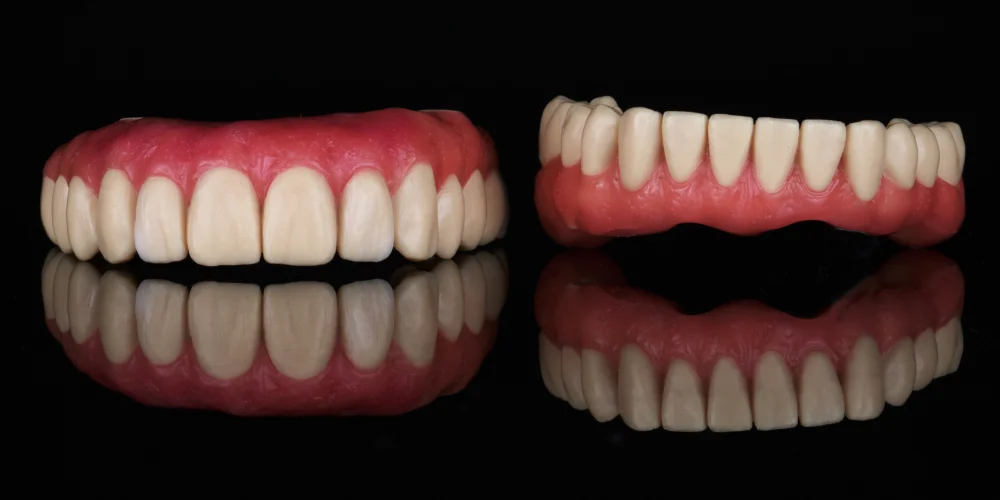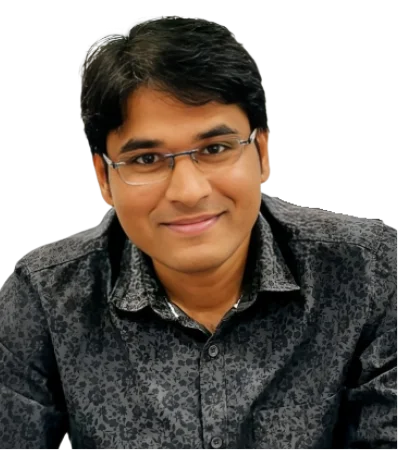Mandibular Fixation Surgery
Comprehensive Care for Trauma and Fractures Affecting the Mandible
Mandibular fixation surgery can be described as a special procedure that aims to repair fractures or dislocations in the jawbone (mandible) to restore normal function, alignment and appearance. These injuries may result from injuries or sports injuries, falls or physical assaults. The Chirayu Super Speciality Hospital. Chirayu Super Speciality Hospital, our team of experienced maxillofacial specialists utilizes cutting-edge techniques and modern technology to perform mandibular fixation to ensure a successful healing process and the return to regular routine. Our goal is to provide precise surgical care that improves aesthetic as well as structural features of jaw.

What is Mandibular Fixation Surgery?
Mandibular fixation surgery requires the use of screws, plates or wires that are used to support and align the broken segments in the mandible. This procedure is crucial to ensure an effective healing of the jawbone and restoring the ability to chew or speak and breathe normally. The goal of the surgery is to prevent long-term problems like malocclusion (misaligned bite) and facial deformities and chronic discomfort. Based on the type of injury, the doctor can do the procedure in a closed or open reduction to move the bone fragments precisely.
Who Performs Your Surgery?
Mandibular fixation at Chirayu Super Speciality Hospital is performed by skilled maxillofacial specialists who specialize in the treatment of jaw fractures and facial injuries. This surgical group is aided by a multidisciplinary group of radiologists, anesthesiologists and dental specialists, providing complete medical care. Our surgeons have years of training and expertise in the management of complex facial trauma, ensuring patients with the best level of surgical expertise and treatment.
Types of Mandibular Fixation Surgery
- Open Reduction and Internal Fixation (ORIF) : This technique involves making an incision to directly access the fractured bone segments. The surgeon uses plates and screws to secure the bones in their correct position, promoting stable and accurate healing.
- Closed Reduction with Maxillomandibular Fixation (MMF) : In cases where the fracture is less severe, the jaw is repositioned without making an incision. The upper and lower jaws are then temporarily wired together to maintain proper alignment during healing.
- External Fixation : Used for complex fractures where internal fixation is not possible or advisable. An external device is attached to the jawbone using pins and wires, stabilizing the fracture from outside the mouth.
Symptoms Indicating Need for Mandibular Fixation Surgery
Signs that could suggest the need for a mandibular fixing surgery are severe jaw pain, trouble in closing or opening the mouth misaligned teeth and facial swelling or bruising difficulty chewing or speaking or eating, numbness of your lower lip and chin and noticeable deformities of jaw. A prompt examination by a maxillofacial surgeon crucial when symptoms are triggered by injuries to the facial.
Diagnosis for Mandibular Fixation Surgery
The diagnosis of mandibular fractures usually requires a thorough physical exam as well as imaging tests. X-rays as well as CT scans are often employed to determine the extent, location and the severity that the break is. These diagnostic tools offer precise images of the bone’s structure, assisting surgeons in planning the most effective surgical procedure to repair the fracture.
Treatment Process
Mandibular fixation starts by anesthesia to ensure the patient’s safety. The method of surgery is determined by the kind of fracture. In ORIF the incision is cut inside the mouth or below the chin, to get access to the site of fracture. The surgeon will align the bone fragments, and fix them using titanium screws and plates. When a closed reduction is performed using MMF jaws, the jaws are connected to ensure an even alignment without having to make incisions. Following the procedure the patient may need gentle diets and strict oral hygiene to speed up healing.
Care and Recovery After Surgery
Mandibular fixation recovery is a time of rest and limited jaw movements to allow the bones to heal in a proper manner. Patients are usually advised to adhere to a gentle diet or one that is liquid for a few weeks. Treatment for pain along with oral hygiene as well as regular follow-up visits to the dentist are essential in assessing healing and preventing infections. The length of time for recovery is depending on the severity of the fracture, however most patients are able to resume regular activities in four to six weeks. Recovery can take a few months.
Advantages of Choosing Our Surgery Services
Specialized Maxillofacial Surgeons
Expertise in mandibular fixation to treat jaw fractures and deformities with precision.
Advanced Fixation Materials
Use of high-quality plates and screws for stable and durable results.
Personalized Care
Comprehensive care plan from surgery through recovery for optimal healing.
What Our Patients Say
Read about our patients positive experiences and how Chirayu Super Speciality Hospital has positively impacted their health and well-being.


Mandibular fixation surgery at Chirayu has been life-changing. I can eat and speak comfortably again.


Thanks to the expert care at Chirayu, I’m back to my normal activities. My jaw feels strong and stable.


The surgeons and staff at Chirayu provided excellent care. My jaw fracture was treated with precision and care.


After my mandibular fixation surgery at Chirayu, I can move my jaw without pain. The surgery was a complete success!
Meet Our Medical Specialists
"Our expert surgeons specialize in mandibular fixation, providing advanced care for jaw injuries with precision and compassion. "
Frequently Asked Questions
Here, we provide answers to some of the most commonly asked questions to help you better understand about our surgery services. If you have any additional questions, please do not hesitate to contact us.
Risks include infection, nerve damage, bleeding, and complications related to anesthesia. Our skilled surgeons minimize these risks.
The surgery typically takes 1 to 2 hours, depending on the complexity of the fracture and the surgical approach.
Surgery is needed when there is a severe fracture or dislocation of the jaw that affects chewing, speaking, or breathing.
Mandibular fixation surgery repairs fractures or dislocations of the jawbone using plates, screws, or wires to stabilize the bone.
The procedure may involve making incisions to access the jawbone and using plates, screws, or wires to align and stabilize it.



